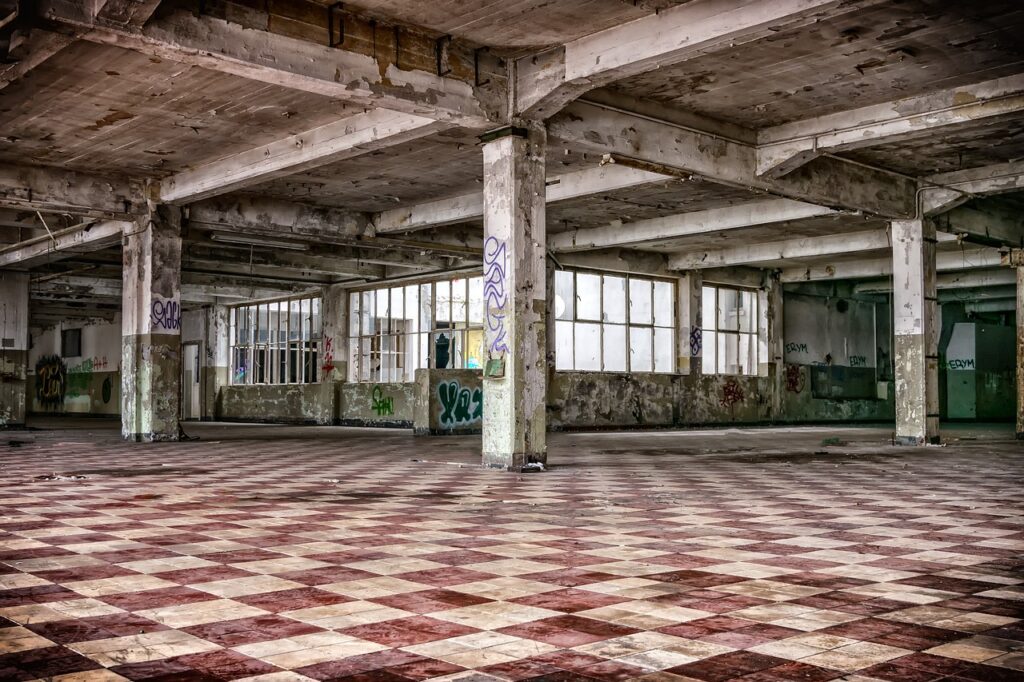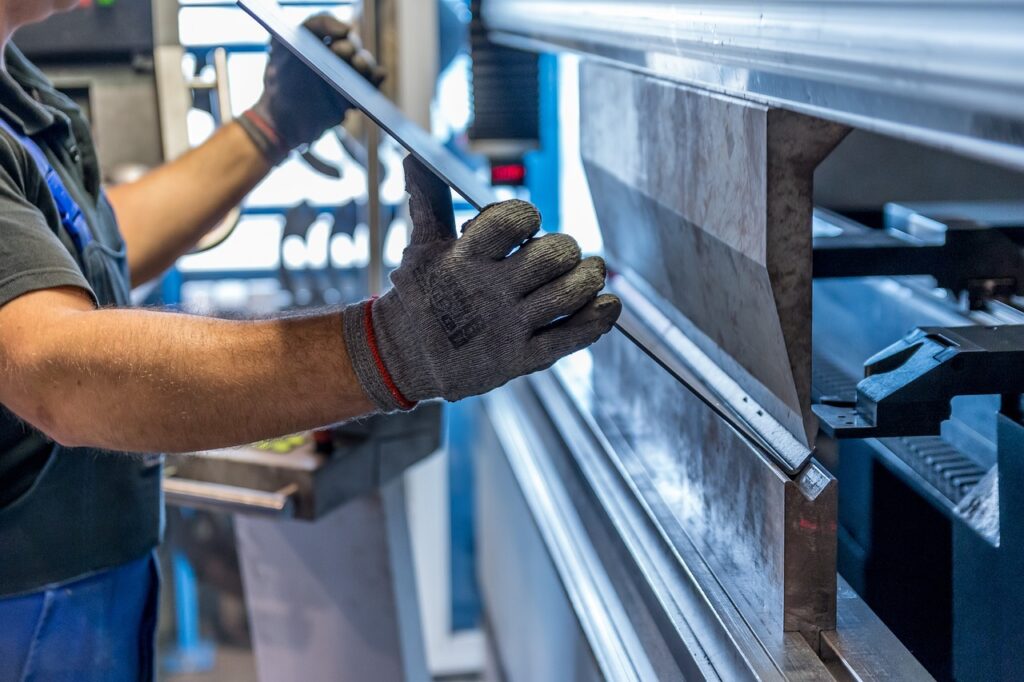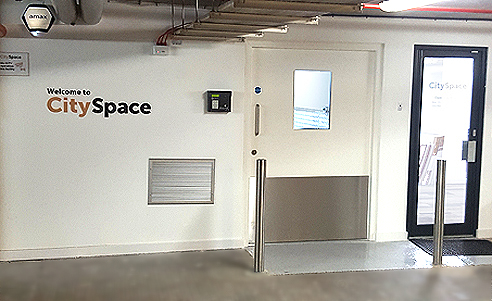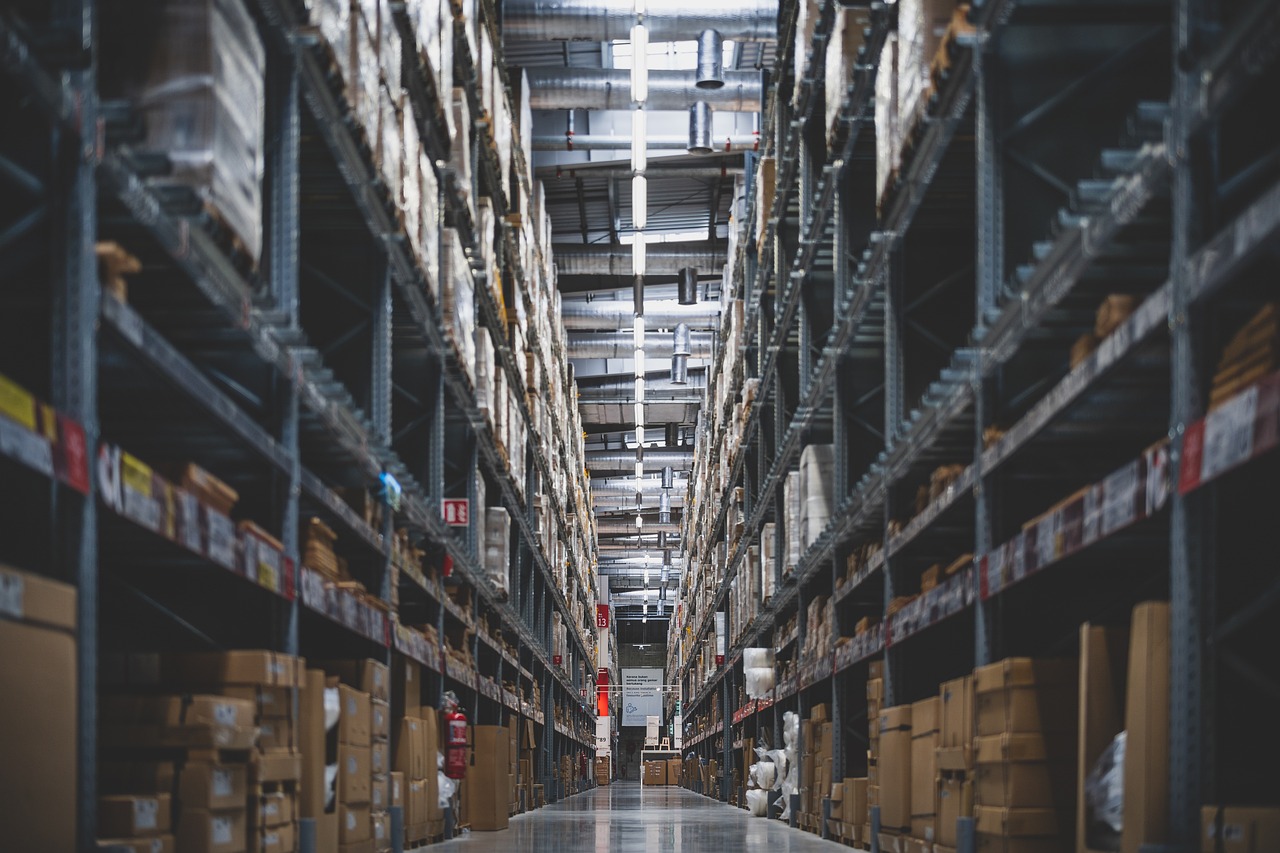In today’s fast-paced industrial world, the significance of security and surveillance cannot be overstated, especially in factory settings. CCTV for factories has become an indispensable tool for modern factory management, offering an array of benefits that go beyond mere surveillance. This blog post explores the multifaceted role of CCTV systems in enhancing the operational efficiency, safety, and security of factories.

Enhanced Security and Surveillance
The primary function of CCTV in factories is to bolster security. By continuously monitoring all areas of a factory, CCTV systems help in deterring theft, vandalism, and other criminal activities. They also aid in identifying and resolving security breaches swiftly. With the integration of advanced technologies such as facial recognition and motion detection, these systems have become more sophisticated, providing real-time alerts and enabling quicker responses to potential threats.
Factories are bound by strict health and safety regulations. CCTV systems play a crucial role in ensuring compliance with these regulations. They help in monitoring work processes and ensuring that safety protocols are being followed. In the event of an accident or emergency, CCTV footage can be invaluable in understanding what went wrong and in preventing future incidents.
Incident Investigation and Evidence Gathering
CCTV footage serves as an objective and reliable source of evidence in the event of workplace incidents or disputes. It aids in the investigation process, providing clear insights into the events that have transpired. This can be crucial for resolving disputes, determining liability, and even for insurance purposes.

Operational Efficiency and Productivity
Beyond security and compliance, CCTV systems contribute significantly to enhancing operational efficiency in factories. They allow for the remote monitoring of production lines, helping managers identify bottlenecks and inefficiencies. This real-time surveillance facilitates quick decision-making and adjustments, leading to improved productivity and reduced downtime.
Data-Driven Decision Making
Modern CCTV systems, equipped with analytical tools, offer valuable data that can be used for strategic decision-making. By analysing patterns and trends from the footage, factory managers can make informed decisions about resource allocation, workflow optimizations, and overall factory operations.
CCTV footage can be a powerful tool for staff training and development. By reviewing footage of day-to-day operations, trainers can identify areas where staff might need additional training or guidance. This not only helps in enhancing the skills of the workforce but also contributes to the overall efficiency of the factory.
Factories are often subject to rigorous regulatory requirements, and CCTV systems can help in ensuring compliance. Recorded footage can serve as evidence that a factory is adhering to legal and regulatory standards. In cases of legal disputes or inspections, CCTV footage can provide the necessary proof to support a factory’s compliance efforts.
Cost-Effective Management Tool
Investing in a robust CCTV system can be highly cost-effective for factories in the long run. By preventing theft, reducing the risk of accidents, and enhancing operational efficiency, these systems can save significant amounts of money. The reduction in losses and improvements in productivity often outweigh the initial investment in CCTV technology.
Advanced Technologies in CCTV Systems
The evolution of CCTV technology has brought about significant advancements that further enhance factory management. High-definition cameras provide crystal-clear images, making it easier to monitor intricate details of factory operations. Thermal imaging cameras are particularly useful in detecting issues in machinery before they become significant problems, thereby preventing costly downtime.
Integration with Other Systems
The true power of modern CCTV systems lies in their ability to integrate with other factory management systems. This integration enables a cohesive approach to security and operations. For instance, CCTV systems can be linked with access control systems to ensure only authorized personnel enter sensitive areas. Similarly, integration with fire alarm systems can facilitate quicker responses in emergency situations.
Remote Monitoring Capabilities
With the advent of cloud-based technologies, factory managers can now monitor their facilities remotely. This means they can keep an eye on operations even when they are not physically present, ensuring continuous surveillance and management. This remote access also allows for notifications and alerts to be sent directly to smartphones or other devices, ensuring that managers are always informed of any critical situations.
FAQs
CCTV systems can play a crucial role in environmental monitoring within factories. Cameras equipped with environmental sensors can detect changes in temperature, humidity, or the presence of harmful gases. This monitoring helps in maintaining the optimal environment for both machinery and personnel, and in ensuring compliance with environmental regulations.
Yes, CCTV systems can be instrumental in inventory management. By keeping a continuous watch on storage areas and tracking the movement of goods, they help in preventing inventory loss and managing stock levels effectively. Some advanced systems can even integrate with inventory management software to provide real-time updates on stock levels.
While CCTV is essential for security and management, it does raise privacy concerns. It’s important for factories to adhere to legal guidelines regarding surveillance. This includes informing employees about the presence of cameras, avoiding placement in private areas, and ensuring that footage is used strictly for intended purposes. Regular audits and adherence to data protection laws are critical to maintaining privacy and trust.
Conclusion
In conclusion, the role of CCTV in modern factory management extends far beyond traditional security and surveillance. These systems are integral to ensuring safety, compliance, and efficiency in today’s industrial environments. By embracing advanced CCTV technology, factories can secure their premises, optimise operations, and pave the way for a safer, more productive future.
For more information on how CCTV can benefit your factory, visit our Factory Security Systems page.





